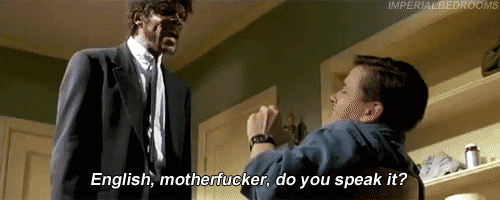cormack12
Gold Member
Source: https://www.bbc.co.uk/news/articles/c9dl0nqdl10o
My name is Alex. But increasingly young people shout "Timmy" at me in the street. This isn't mistaken identity - it's mockery because I use a wheelchair.
I should ignore it, but this time, I react. I turn to see a group of young teenage boys smirking in front of me. "I heard you," I tell them. "I know exactly who Timmy is."
I know this because although we do not share a name, I have felt the shadow of Timmy since childhood - never through choice.
A disabled character from dark-humoured satire cartoon series South Park, he uses a wheelchair and can only shout his name, mainly loudly and uncontrollably.
Now, in my 30s, he's back. For the third time in a year, this time heading to my local train station in my wheelchair, I hear the familiar, brutish drawl: "Timmaaah."
A laugh. A snigger. An assumption I either won't hear or be unable to understand.
When I confront the group of boys, one feigns innocence, claiming he'd been speaking to his friend.
"You weren't," I say. "I was watching the show before you were born."
TikTok users often take part in trends by using the audio of popular videos and overlaying it with their own clips.
That's what many have done with Timmy, where the name is used as a punchline, or played on top of unrelated clips of wheelchair users, reinforcing harmful and dehumanising stereotypes.
The irony is that the character Timmy is presented with warmth in South Park and given character depth by co-creators Matt Stone and Trey Parker.
South Park has always worked on multiple levels - offering outrageous forbidden shock value for schoolchildren while delivering crunching adult satire.
None of this nuance is reflected in the TikTok trend, which reduces Timmy, and by extension wheelchair users and disability, to one-dimensional ridicule.
My name is Alex. But increasingly young people shout "Timmy" at me in the street. This isn't mistaken identity - it's mockery because I use a wheelchair.
I should ignore it, but this time, I react. I turn to see a group of young teenage boys smirking in front of me. "I heard you," I tell them. "I know exactly who Timmy is."
I know this because although we do not share a name, I have felt the shadow of Timmy since childhood - never through choice.
A disabled character from dark-humoured satire cartoon series South Park, he uses a wheelchair and can only shout his name, mainly loudly and uncontrollably.
Now, in my 30s, he's back. For the third time in a year, this time heading to my local train station in my wheelchair, I hear the familiar, brutish drawl: "Timmaaah."
A laugh. A snigger. An assumption I either won't hear or be unable to understand.
When I confront the group of boys, one feigns innocence, claiming he'd been speaking to his friend.
"You weren't," I say. "I was watching the show before you were born."
TikTok users often take part in trends by using the audio of popular videos and overlaying it with their own clips.
That's what many have done with Timmy, where the name is used as a punchline, or played on top of unrelated clips of wheelchair users, reinforcing harmful and dehumanising stereotypes.
The irony is that the character Timmy is presented with warmth in South Park and given character depth by co-creators Matt Stone and Trey Parker.
South Park has always worked on multiple levels - offering outrageous forbidden shock value for schoolchildren while delivering crunching adult satire.
None of this nuance is reflected in the TikTok trend, which reduces Timmy, and by extension wheelchair users and disability, to one-dimensional ridicule.
Last edited:







